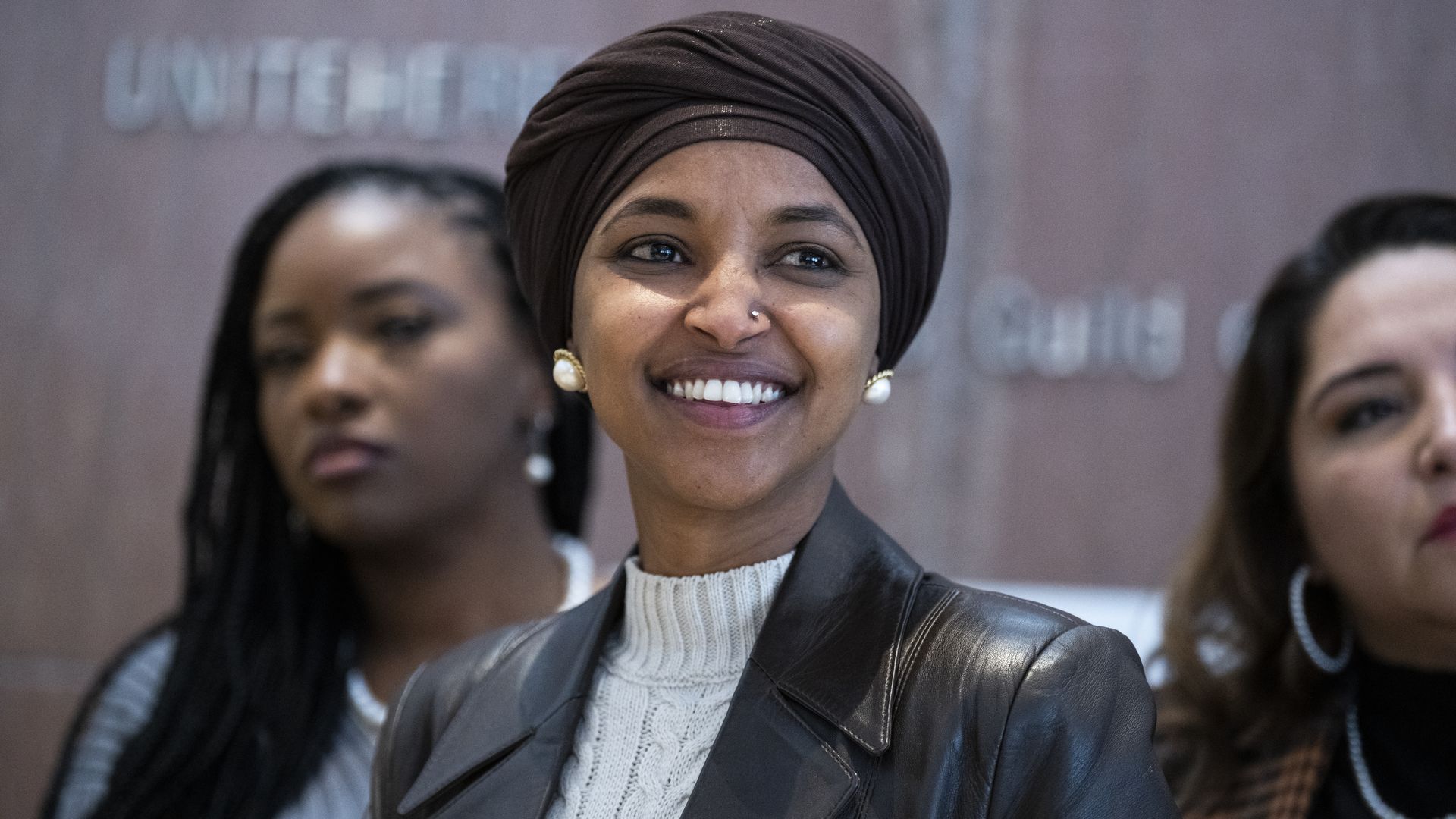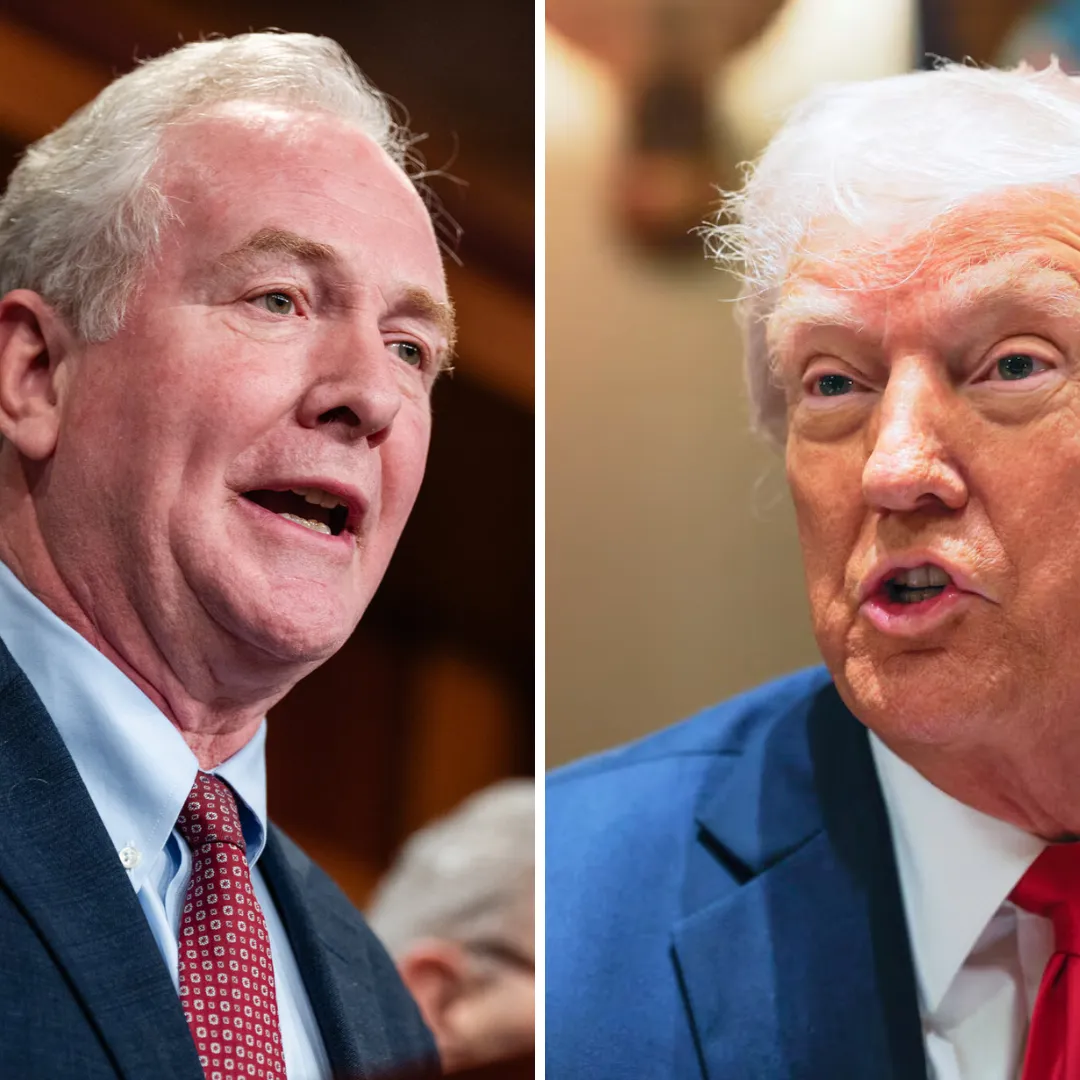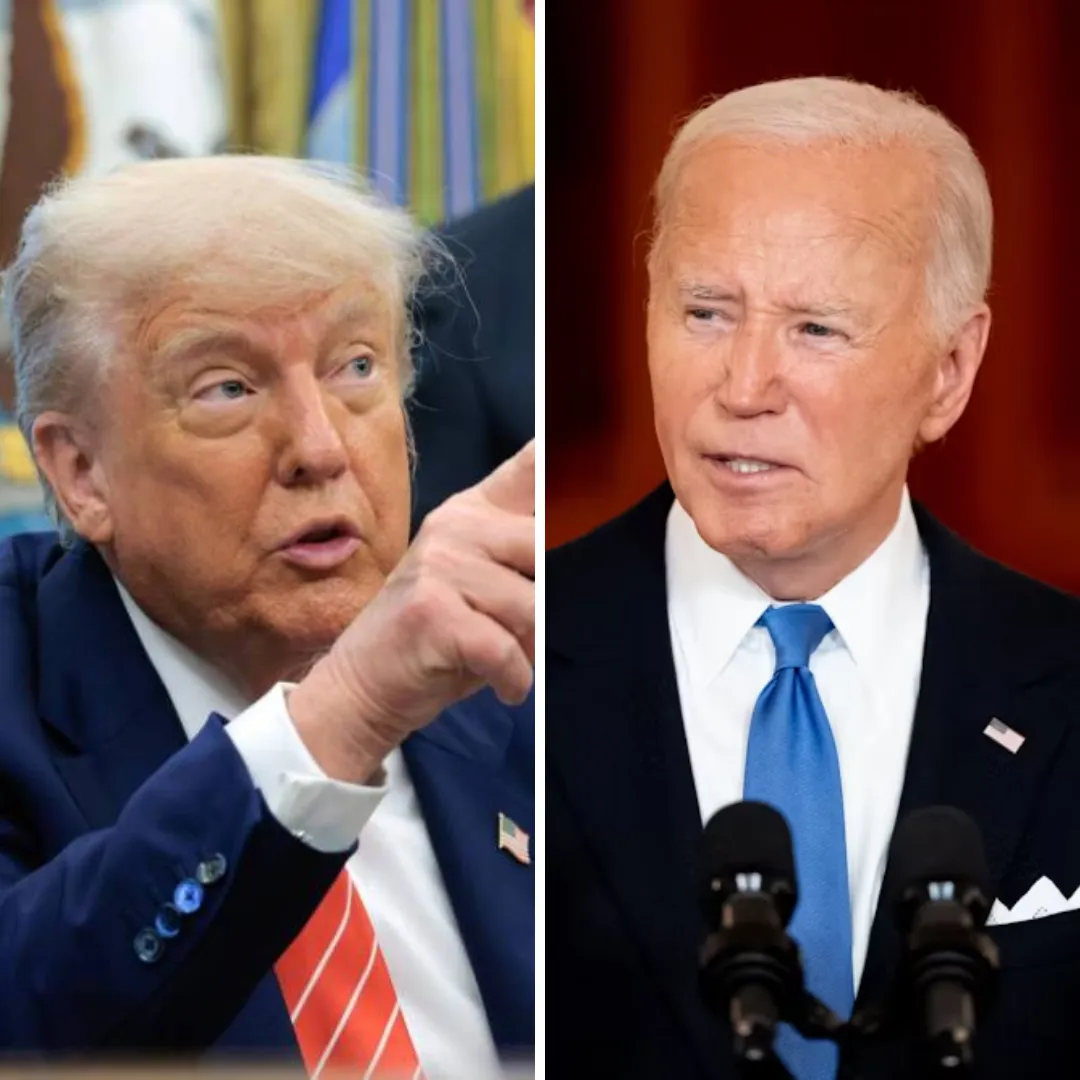
Democratic strategist James Carville launched a scathing attack this week on Rep. Ilhan Omar and those who share her views, stating during a public appearance that “these people are more trouble than they’re worth.”
The comment came as part of a broader criticism surrounding a resurfaced interview Omar gave to Al Jazeera in 2016, where she discussed threats facing American society and warned of growing extremism, specifically pointing to radicalized white men as a primary source of domestic violence.
The old clip, reignited by right-wing online accounts and now a lightning rod for partisan outrage, has become the latest flashpoint in a broader cultural battle over race, extremism, and political speech.
Speaking at the “Truth Tellers” summit in London, Carville responded to Omar’s remarks with visible frustration and statistical analysis, pointing out that roughly 33 percent of the electorate consists of white men.
He questioned the political wisdom of antagonizing such a substantial voting bloc, mocking the idea that such rhetoric serves any strategic value for Democrats in national elections.
Carville, known for his blunt style and long-standing role as a party tactician, said that the party would be better served by distancing itself from individuals who make such inflammatory remarks, even if they come from within its own ranks.
He said that supporting or defending such views only plays into Republican hands and distracts from the central task of defeating Donald Trump and the movement he leads.
The controversy began after the conservative social media account Libs of TikTok resurfaced Omar’s 2016 interview with Al Jazeera, in which she stated that the United States should “be more fearful of white men across our country because they are actually causing most of the deaths within this country.”

She added at the time that she believed there should be policies addressing the radicalization of white men. Her remarks, made during a broader conversation about terrorism, extremism, and U.S. national security posture, were interpreted by critics as overly broad and racially charged.
Though the comments were nearly eight years old, their revival in 2024 has triggered new political fallout, including criticism from Vice President J.D. Vance, who condemned Omar’s words as genocidal rhetoric and accused her of inciting hate.
Vance posted on X that her language wasn’t merely offensive but amounted to something “genocidal,” calling her a disgrace. His response marked the highest-ranking rebuke of Omar’s remarks and intensified the firestorm that had already taken hold on social media and conservative media outlets.
Omar responded by clarifying that her comments at the time were grounded in empirical data drawn from a report issued by the Anti-Defamation League.
According to that report, white supremacists were responsible for 78 percent of extremist-related murders in the United States in the year the interview was conducted.
She argued that the clip had been stripped of its context and weaponized by political opponents eager to vilify her for partisan gain. Omar reiterated that her concern was never with white men in general but with the documented rise in white nationalist extremism, which has been acknowledged by multiple government and watchdog reports.
She said that her remarks were made in the interest of public safety and rooted in a desire to protect Americans from violence driven by racial hatred.
The conversation quickly turned inward as Carville’s comments drew criticism not only from Omar’s supporters but also from Democratic Party figures who viewed his remarks as divisive.

Omar’s office issued a sharp rebuke in response to Carville’s statements. Jacklyn Rogers, a spokesperson for the congresswoman, said it was disappointing to see a Democratic veteran like Carville echoing Republican attacks based on a misleading and decontextualized clip.
She accused Carville of falling into a right-wing trap designed to fracture the Democratic coalition by stirring up internal conflict. Rogers described the outrage as manufactured and part of a smear campaign to isolate Omar and encourage hatred against her.
She called for party unity in the face of an emboldened conservative movement led by Trump and urged Democrats to focus their fire on the political right rather than turning against their own elected officials.
Omar, one of the first Muslim women elected to Congress, has long been a target of right-wing outrage, particularly from nationalist and populist circles that view her as a symbol of progressive multiculturalism.
She has faced threats, misinformation, and organized attacks throughout her time in office. Still, she has remained a vocal advocate on issues of racial justice, international human rights, and economic reform.
Her supporters argue that efforts to silence or marginalize her are not just political but deeply rooted in xenophobia and systemic racism. Critics, including Carville, insist that her rhetoric alienates voters and gives ammunition to conservative media outlets eager to portray the Democratic Party as radical and out of touch.
The resurfacing of the Al Jazeera clip comes at a precarious time for Democrats, as the party attempts to reassert its narrative in a post-election environment still shaped by Trump’s influence and the GOP’s dominance of multiple media channels.
Some within the party worry that internal controversies like these distract from larger battles over reproductive rights, climate policy, and economic inequality.

Others argue that defending statements like Omar’s, even if misrepresented, makes it harder to build coalitions with moderate and swing voters, especially in key battleground states.
Carville’s intervention, while aligned with this latter view, raised fresh questions about the boundaries of intra-party criticism and the responsibility of Democratic leaders to defend their members against orchestrated attacks from the right.
For now, the party remains divided on how to respond. Some progressive activists and lawmakers have come to Omar’s defense, urging Democratic leadership to denounce the use of out-of-context video to demonize elected officials
They say that the current media environment, driven by outrage algorithms and decontextualized clips, puts every public figure at risk of character assassination.
Others, particularly older strategists and centrist figures, are more focused on managing the political optics and view distancing from controversial figures as necessary for preserving the party’s broader electoral viability.
The Biden-Harris administration in its final days maintained a careful balance between embracing progressive voices and avoiding controversies that could be weaponized by Republicans.
Under Trump’s current administration, however, Democrats have returned to a more defensive posture, as old remarks and past alliances are dredged up to divide and distract.
As the dust settles on this latest political skirmish, the real implications may lie less in the specifics of the clip and more in what it reveals about the state of discourse in American politics.

The elevation of a nearly decade-old interview into a national controversy illustrates the ongoing power of media manipulation and the vulnerability of even seasoned politicians to attacks waged through social media virality.
For Omar, the episode serves as yet another chapter in a career shaped by both bold advocacy and relentless opposition. For Carville, it marks a reaffirmation of his long-standing skepticism toward the party’s left flank and a signal that the Democratic civil war over strategy, messaging, and identity is far from over.
Whether this internal clash becomes a footnote or a firestorm may depend on how party leaders respond in the coming days, and whether they choose unity or division in the face of rising authoritarian threats from the right.



